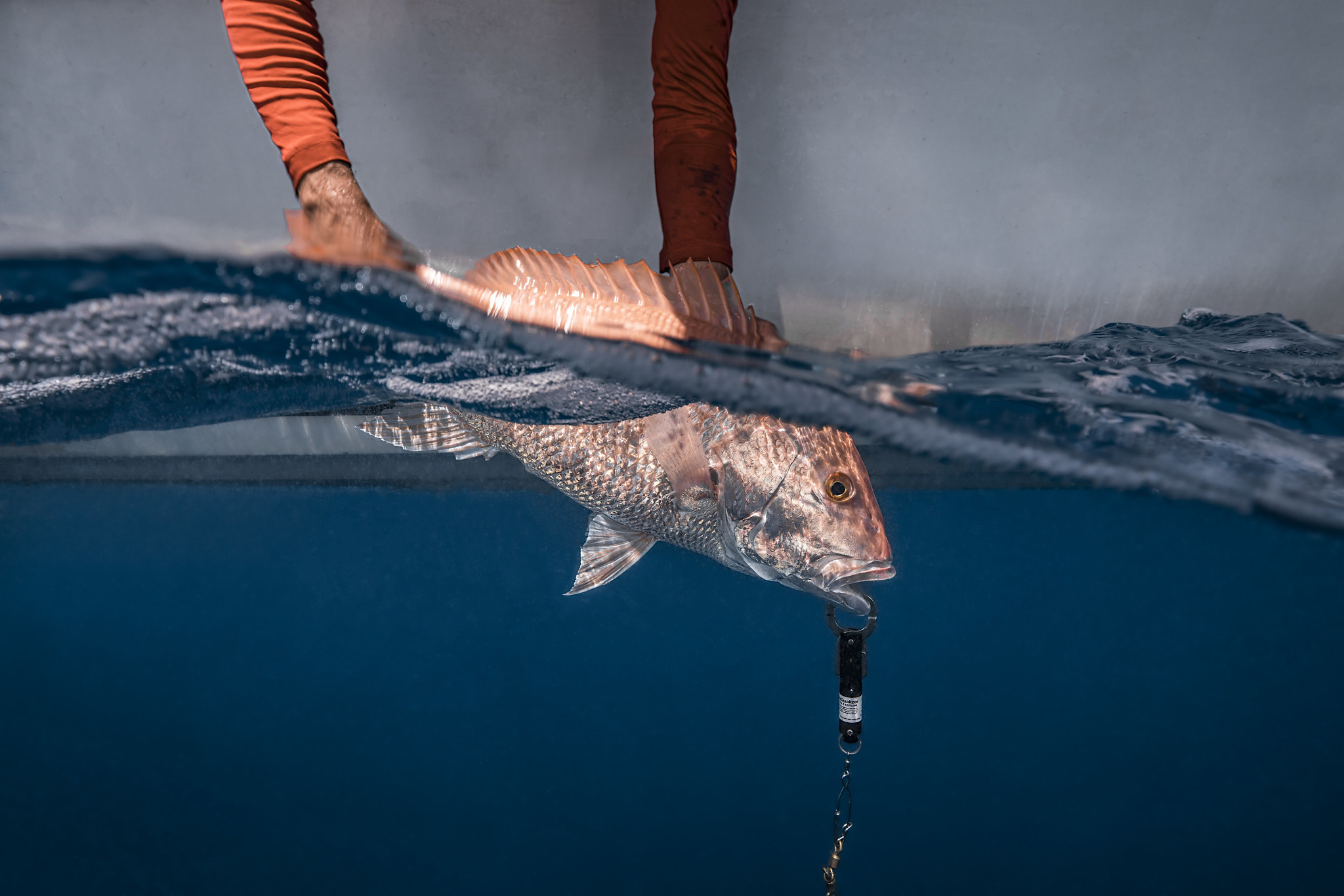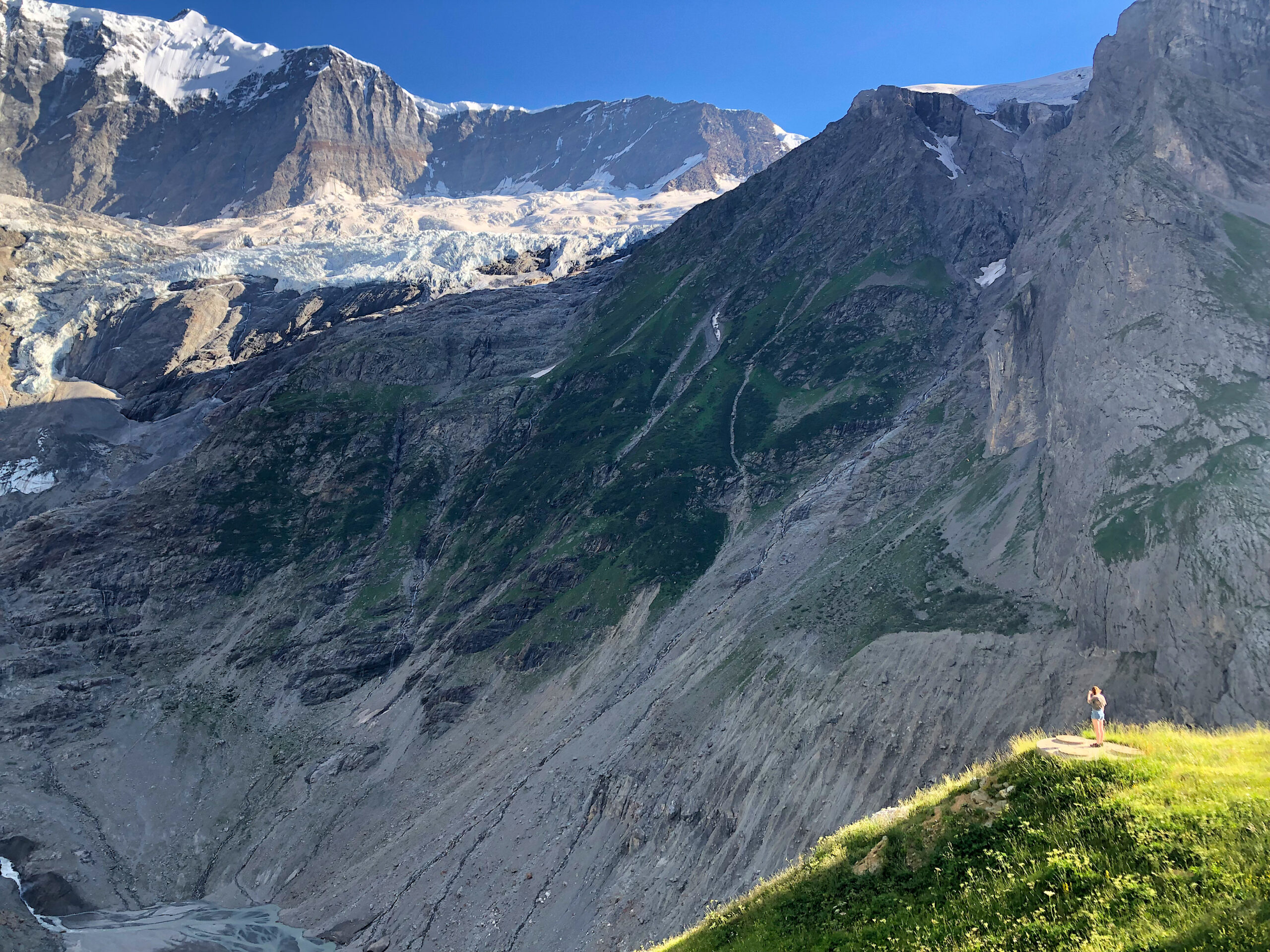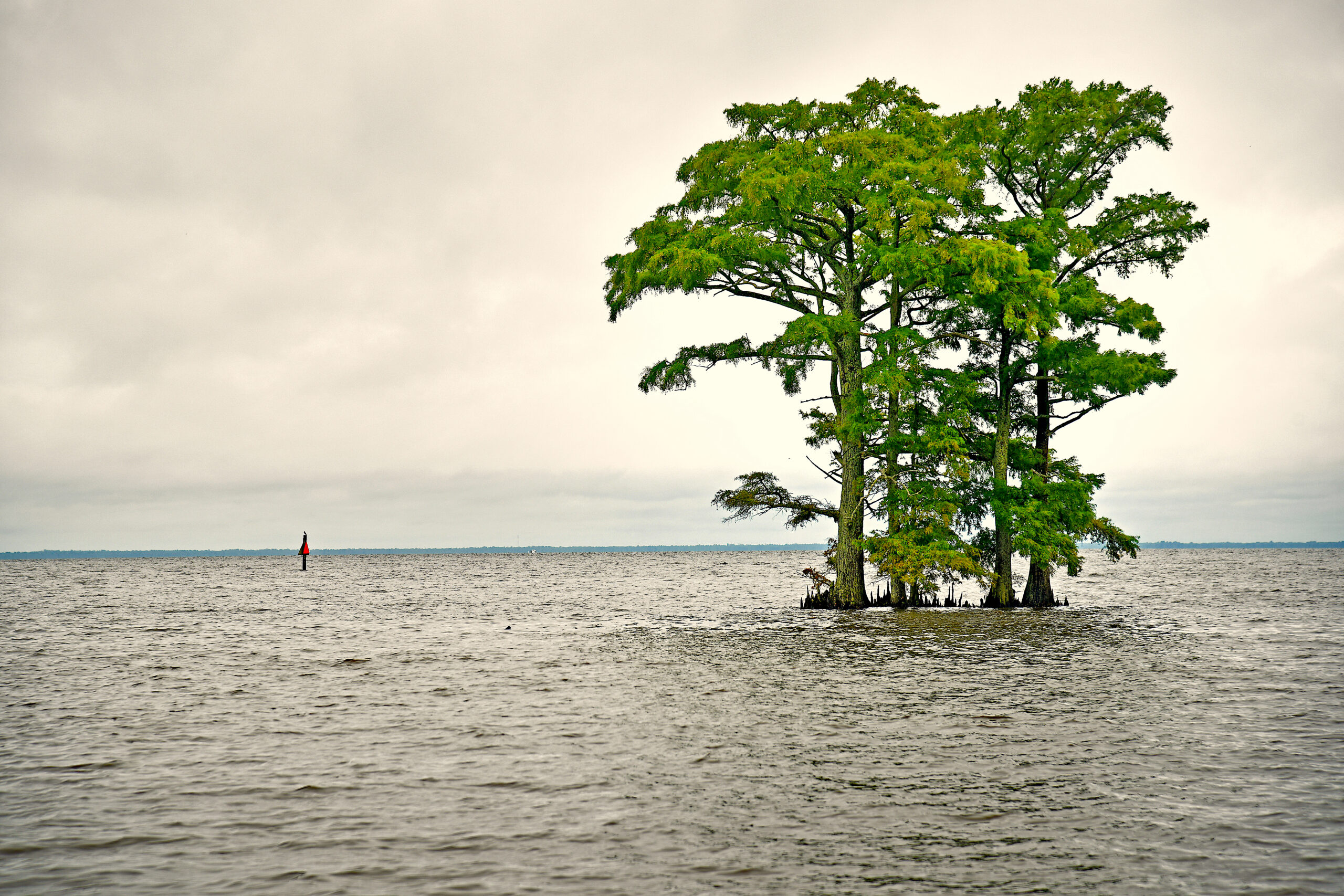NC Sea Grant Announces 2018–2020 Core Research Projects
FOR IMMEDIATE RELEASE
Contact:
Katie Mosher, 919-515-9069, kmosher@ncsu.edu
John Fear, 919-515-9104, jmfear@ncsu.edu
North Carolina Sea Grant’s core research projects for 2018–2020 will apply innovative approaches to coastal issues. Research teams across the state are starting new projects looking at topics including hurricane recovery, oyster reefs and aquaculture, coastal communities, saltmarsh conservation and science literacy.
“We are looking forward to how these inventive studies will examine various real-world needs along our coast,” notes Susan White, Sea Grant executive director. “These two-year projects are considered our core research to complement the organization’s major focus areas.”
Funding comes from the National Oceanic and Atmospheric Administration through the National Sea Grant College Program, along with state funding through the University of North Carolina system. Each project also includes matching funds from the respective university.
The new projects include researchers from five universities in the state, including: East Carolina University, North Carolina State University, the University of North Carolina at Chapel Hill, UNC Wilmington and Duke University.
Four of the projects feature collaborations with researchers at other N.C. universities, or other partners, such as from the NOAA lab in Beaufort, N.C., and Stanford University in California. Eight of the projects include student support/training opportunities.
The following list of the core projects, which will run through early 2020, cites the lead investigator, as well as other participants.
- Building Resilience by Innovating through Diverse Group Engagement: Long-Term Recovery from Hurricane Matthew; Bethany Cutts of NC State
- Evaluating Cultch Oyster Reefs as Essential Fish Habitat; David Eggleston of NC State
- Quantifying the Geomorphic, Ecological, and Socioeconomic Impacts of Shoreline Management Strategies: A Multi-Disciplinary Approach; Devon Eulie of UNCW; with Rachel Gittman of ECU and Charles Peterson of UNC-CH
- Quantifying Spawning Populations of River Herring Using Environmental DNA; Erin Field of ECU; with Michael Brewer and Roger Rulifson, also of ECU
- Habitat Value of Oyster Leases within Estuarine Landscapes for Finfish and Crustaceans; Joel Fodrie of UNC-CH; with James Morley and Abigail Poray, also of UNC-CH. Christopher Taylor of NOAA Ocean Service also will participate
- Characterizing and Manipulating Oyster Microbiology for Aquaculture Applications; Brett Froelich of UNC-CH; with Rachel Noble, also of UNC-CH
- The Value of Fishing, Farming and Eating: New approaches to understanding coastal community well-being in a changing world; Grant Murray of Duke; with Lisa Campbell, also of Duke
- The Missing Link? The Role Dissolved Organic Nitrogen Plays in Controlling Phytoplankton and Eutrophication Dynamics in the Neuse River Estuary, NC; Hans Paerl of UNC-CH; with Christopher Osburn of NC State
- Improving Saltmarsh Conservation by Examining Transgression Across a Range of Upland Gradients and Saltmarsh Widths at Decadal to Millennial Time Scales; Antonio Rodriguez of UNC-Chapel Hill
- Improving Environmental Decision Making in Coastal Communities through Children: Building Science Literacy, Civic Engagement, and Coastal Resilience with K–12 Citizen Science; Kathryn Stevenson of NC State; with Howard Bondell, Sarah Carrier, M. Nils Peterson and Renee Strnad, all also of NC State; along with Kirstin Busch of Stanford University and Elizabeth DeMattia of Duke
During the research period, watch for updates on the studies via North Carolina Sea Grant’s social media feeds on Twitter and Facebook, as well in the Coastwatch Currents blog at ncseagrant.org, and in Coastwatch magazine, nccoastwatch.org.
###
North Carolina Sea Grant: Your link to research and resources for a healthier coast
- Categories:


